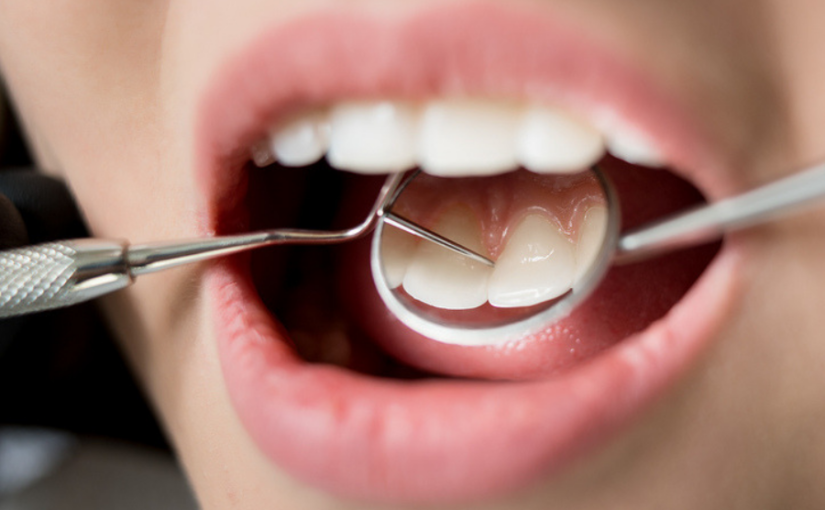By: Dr. Elizabeth Eggert
Oral cancer screenings are an important and valuable component of a visit to Eggert Family Dentistry. Identifying this disease in its early stages is crucial for successful treatment, and medical advances are increasing our ability to detect it early.
While certain lifestyle choices can significantly reduce the risk of oral cancer, over 25% of victims do not smoke and have no other risk factors.
Oral Cancer Is a Serious Issue
Oral cancer takes more lives than melanoma (skin cancer) or cervical cancer. One person dies every hour from oral cancer in the United States. In the United States we see about 49,700 new cases each year. Oral cancer represents approximately three percent of all cancers diagnosed in the nation. Globally, oral cancer is the 11th most common.
Oral cancer manifests in many ways, affecting any area of the oral cavity including the tongue, gum tissue, lips, cheek lining, and the hard or soft palate. Professional screening is essential because there are often no symptoms in the early stages, or symptoms may be subtle. Some symptoms may replicate that of toothaches, ear pain or minor sores.
Good Dental Hygiene and Regular Exams Help Early Detection
An excellent reason to prioritize dental hygiene is that having a healthy mouth free of sores or discomfort, makes it much easier to notice a red flag like a persistent sore which resists healing, or a change in surface texture. People with chronically inflamed and painful mouths will not be able to notice such a symptom.
Early detection is key to increasing survival rates. Finding tumors when they are small and haven’t spread enables more treatment options which may also be less invasive.
Having an experienced dentist, like Dr. Elizabeth or Dr. Jeff, screen your mouth for precancerous and cancerous conditions is a useful precaution, especially for patients with risk factors including tobacco use, heavy alcohol use, or exposure to HPV (human papilloma virus), the most common sexually transmitted infection which may be associated with genital warts.
Like with any cancer, early detection can greatly increase survival rates. Treatment is less invasive early on, and the likelihood of the cancer spreading or metastasizing is diminished.
Don’t Ignore Oral Symptoms
Patients should pay attention to any change of conditions in their oral cavity. Note any sores, lumps, changes in surface texture or painful areas. If they don’t resolve themselves within two to three weeks, book an appointment for an exam. Early detection can save lives. Call Eggert Family Dentistry at 651.482.8412.
